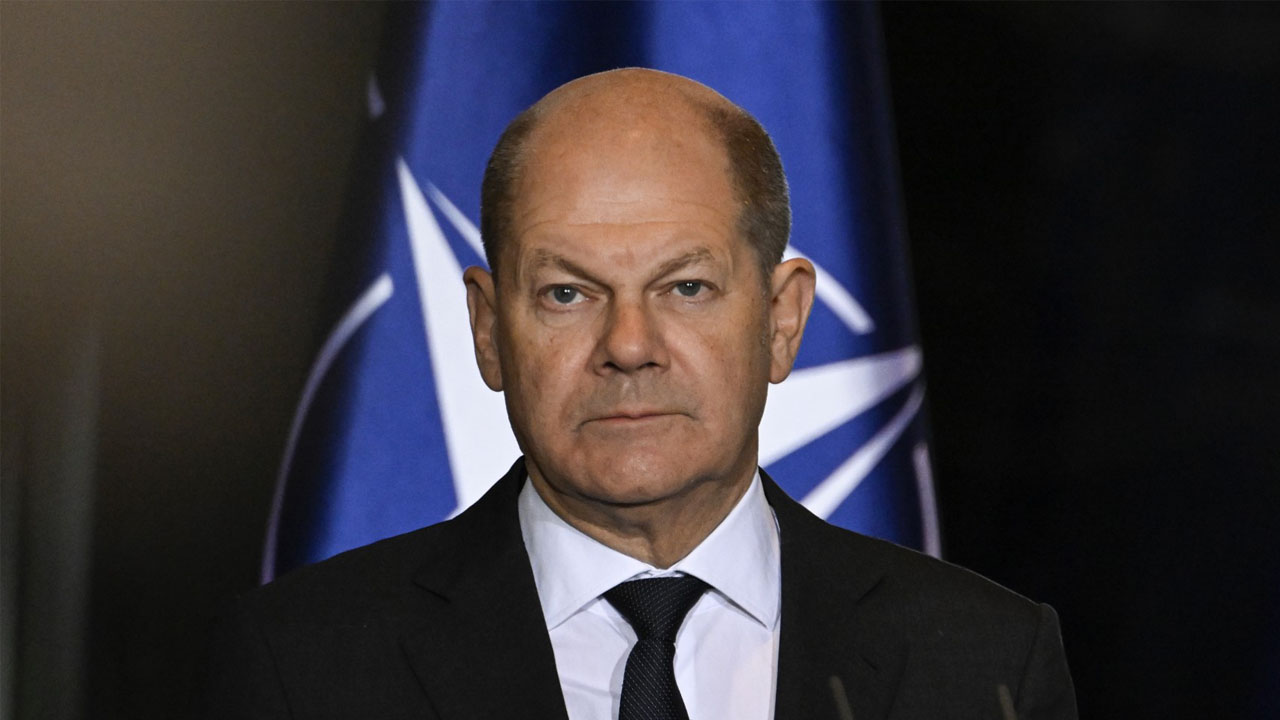
Germany has so far avoided the “worst-case scenario” of an economic meltdown after being cut off from Russian gas, and is optimistic its stocks will last through next winter, the economy minister said Thursday.
Russia, the biggest exporter of gas to the European Union before it invaded Ukraine, turned off the taps in September last year over crippling sanctions imposed against it over the war.
Germany, Europe’s largest economy, was heavily dependent on Russian gas, and scrambled to find alternative suppliers, such as Norway and the United States, paying a higher price for their gas.
“The worst-case scenario that threatened this summer has been avoided so far… a complete meltdown of the heart of European and German industry has been avoided,” climate and economy minister Robert Habeck said during a visit to Oslo.
He told a press conference that gas “reservoirs are well-filled, more than 90 percent, and prices are falling.”
“Of course, nothing is guaranteed… but this shows that determined, good, and intelligent political action leads to success.”
Habeck said that while gas prices could rise again, he had a “certain optimism” ahead of next winter, as gas stocks have been boosted and deliveries of liquefied natural gas (LNG) have ramped up.
Like much of Europe, Germany has scrambled to build infrastructure to import LNG, and inaugurated its first terminal in December.
Norway boosted its gas production by eight percent last year and has become Europe’s leading gas supplier since war broke out in Ukraine.
“Germany has rarely been more important to Norway than right now. And I think Norway has rarely been more important to Germany, as it is right now,” Norwegian Prime Minister Jonas Gahr Store told the press conference.
On Thursday, the two countries agreed to boost cooperation in green sectors such as hydrogen, electric batteries, carbon capture and storage, and renewable energy like offshore wind farms.
[ad unit=2]



